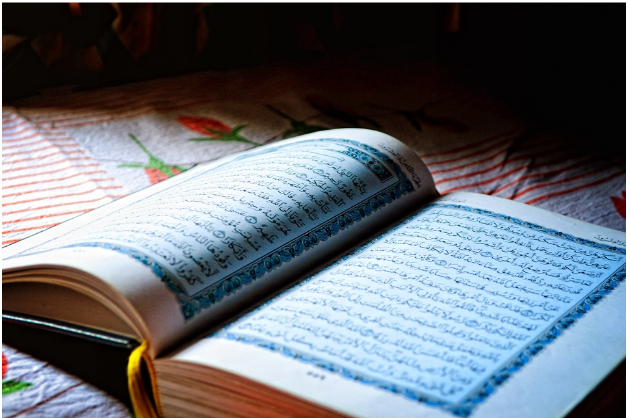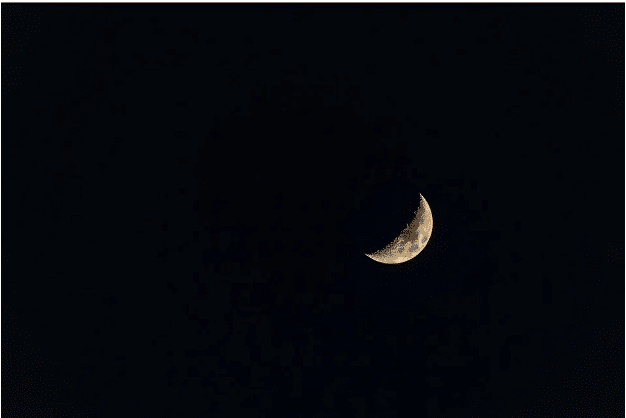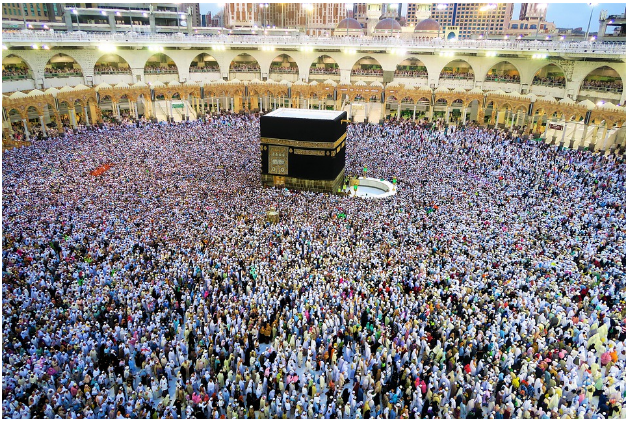Introduction
For Muslims the globe over – irrespective of the varsity of thought they follow – Ramadan is the holiest month of all. It’s a typical misconception that Ramadan entails nothing bus fasting from sunrise to sunset, but this can be simply not true. There’s much to be said and done during this most important time of the year, and for those that are unaccustomed to the Muslim community or who are friends of the community, it can seem confusing.
What is Ramadan?
Reading Quran adds more significance to Ramadan
The first step to understanding Ramadan is to grasp exactly what it is. It’s one of the holiest months for Muslims everywhere and is taken into account as the foremost sacred and spiritual time of the year. Ramadan is observed to honour the fourth pillar of Islam referred to as Sawm.
What Does Ramadan Mean?
Ramadan translates into English as ‘burning or scorching heat’ which shows when it was first observed. Provided that there are now over one billion Muslims living all around the world, some Muslims won’t experience Ramadan during a hot climate just like the Prophet Muhammed (PBUH) and also the first Muslims did.
When is Ramadan?
One of the foremost confusing facts about Ramadan is knowing when it’s. Ramadan is often observed for all of the ninth month of the Islamic year, but it’s no fixed date. This can be because the Muhammadan calendar relies on the lunar cycle, and this implies it shifts by 10/11 days each year (in the Gregorian calendar) in line with the cycle of the moon.
How Do Muslims Know When it’s Ramadan?
As mentioned, Ramadan always falls on the ninth month of the year, but if that month changes date once a year, how do Muslims know when the ninth month is? It’s quite simple in principle; a brand new synodic month is signalled by a brand new moon (or the very first visible sliver of a crescent moon).
Muslims simply expect the ninth phase of the moon to be visible as this can be confirmed that it’s time to fast. This seems simple, but cloud coverage can hinder moon visibility and, betting on which method Muslims use to trace the sighting of the moon, could impact when Ramadan starts.
There are three main ways Muslims can track the moon to signal the beginning of Ramadan:
Many Muslims wait until the ninth new phase of the moon has been sighted above Mecca before they commence Ramadan.
The moon above Mecca:
Many Muslims wait until the ninth new phase of the moon has been sighted above Mecca before they commence Ramadan. This can be prone to cloud coverage, though, and so the dates can change at short notice.
The moon in their local area:
Some Muslims favour waiting until they’ll see the ninth new phase of the moon in their local area or above their local mosque before they commence Ramadan. This could mean they begin at a distinct time to those who observe the phase of the moon in our way, but very like taking heed from Mecca, visibility will be impaired by clouds.
Astronomical predictions:
A few Muslims prefer to track the moon supported lunar predictions. This offers them a more stable date that isn’t hindered by cloud coverage or weather conditions.
Why is Ramadan the Holy Month?
It is believed that the Angel Gabriel commenced the month of revelation to the Prophet Muhammed (PBUH) on the ninth lunar cycle of the year, hence the ninth month of the year holds such significance to Muslims. There’s no better time to practice gratitude and compassion, cleanse your being and recite the Qur’an and strengthen your bond with Allah (SWT) than at the time. He first revealed his teachings and wisdom to humans through him during the month.
It is thought that the last 10 nights of Ramadan hold special power, particularly Laylat al-Qadr (meaning the Night of Power) because it is believed this can be the precise day on which the Angel Gabriel first addressed Prophet Muhammad. Some Muslims believe this can be the 27th night of the month, but others believe it can be any of the odd nights within the final 10 days.
It is said that giving charity at this time of the year brings with it exceptional rewards adequate to those received by doing 1,000 months of excellent deeds. For this reason, it’s customary for all eligible Muslims to provide their Zakat payments now.
What Does Ramadan Entail?
It is said that giving charity at now of the year brings with it exceptional rewards
Many people will know Ramadan is the time for fasting from sunrise to sunset, and whilst that’s correct, one every of the lesser-known Ramadan facts is that there are other activities that must be abstained from, including gossiping, cursing, lying, arguing, and sexual intercourse.
Along with abstaining from food and impure thoughts, Ramadan is additionally a time for reciting the Qur’an, praying frequently and dealing to become a much better Muslim.
Zakat al-Fitrana may be a compulsory payment that each Muslim must make during Ramadan, before the commencement of the primary Eid prayers. All Muslims with food of far more than their needs, no matter their age, are permitted to pay. If a baby cannot pay, the pinnacle of their household should obtain them. Zakat al-Fitr isn’t to be confused with Zakat, although the 2 are often paid at identical times during Ramadan.
The final Ramadan custom is Sadaqah which is when a Muslim does any number of fine deeds and expects nothing reciprocally. Ramadan is extremely much a time for giving and selfless acts which are why many do Sadaqah during it. Sadaqah can include anything, from helping someone cross the road and volunteering at a charity, to discovering litter or providing aid to an elderly person.
Arpit Mangal
28.03.2022









